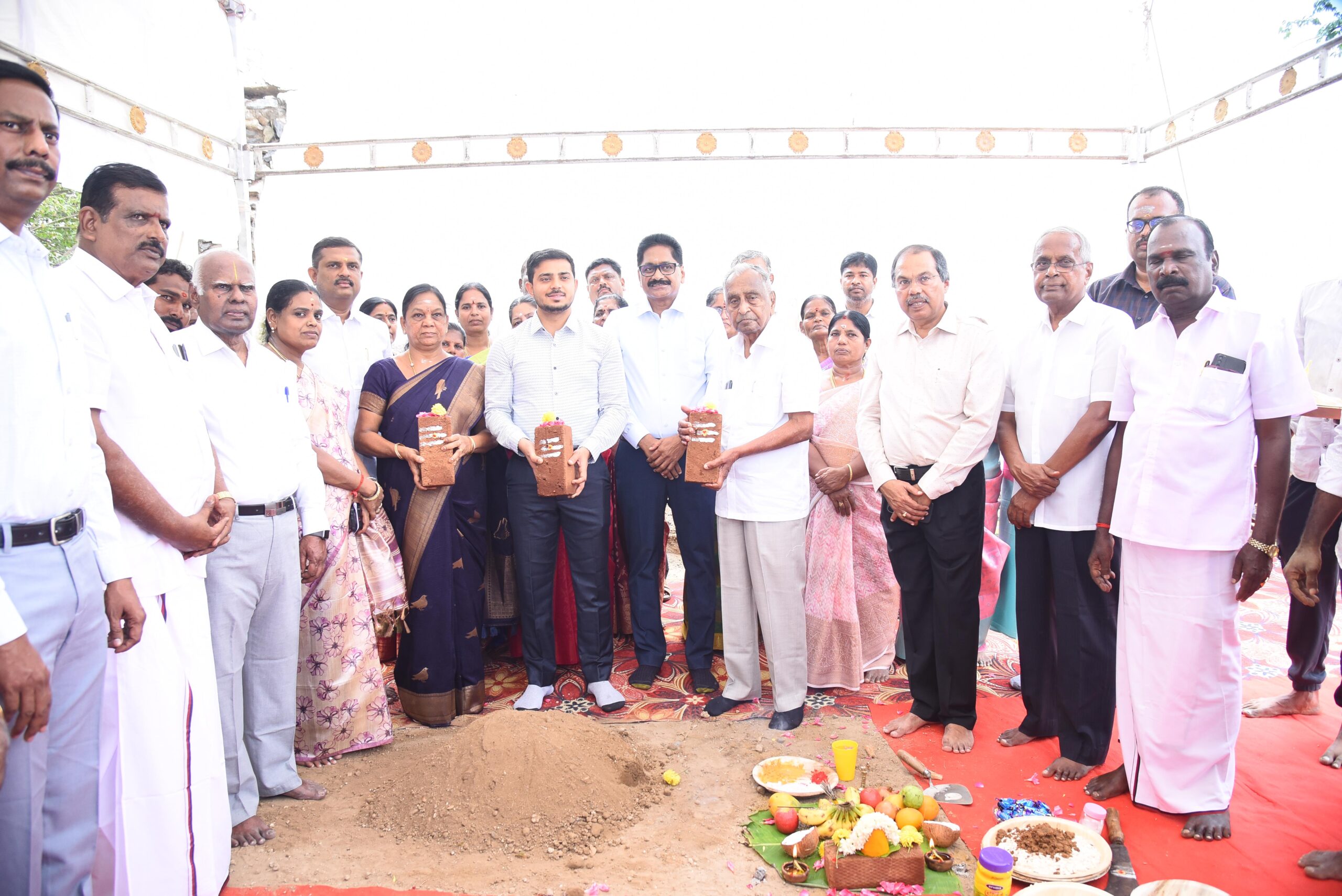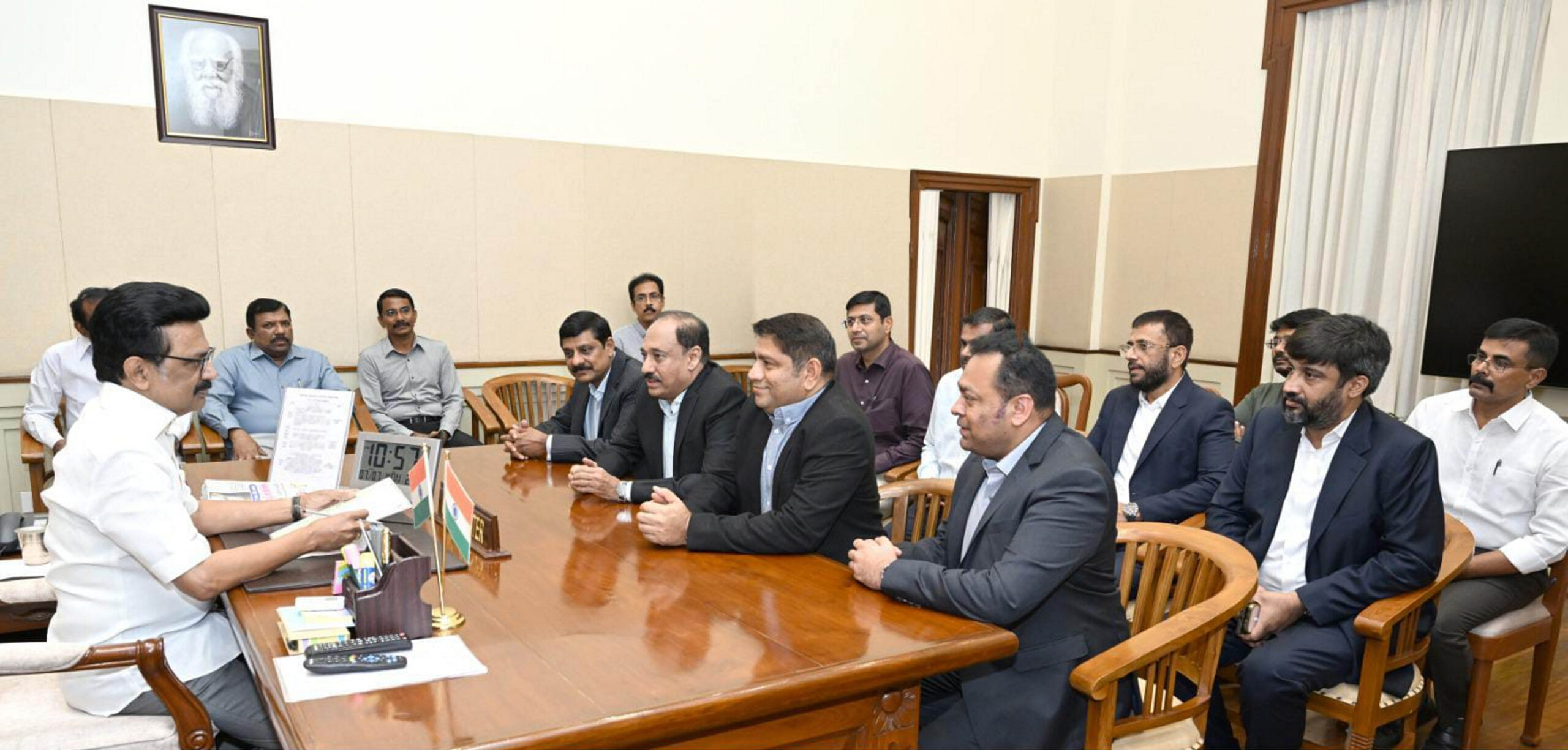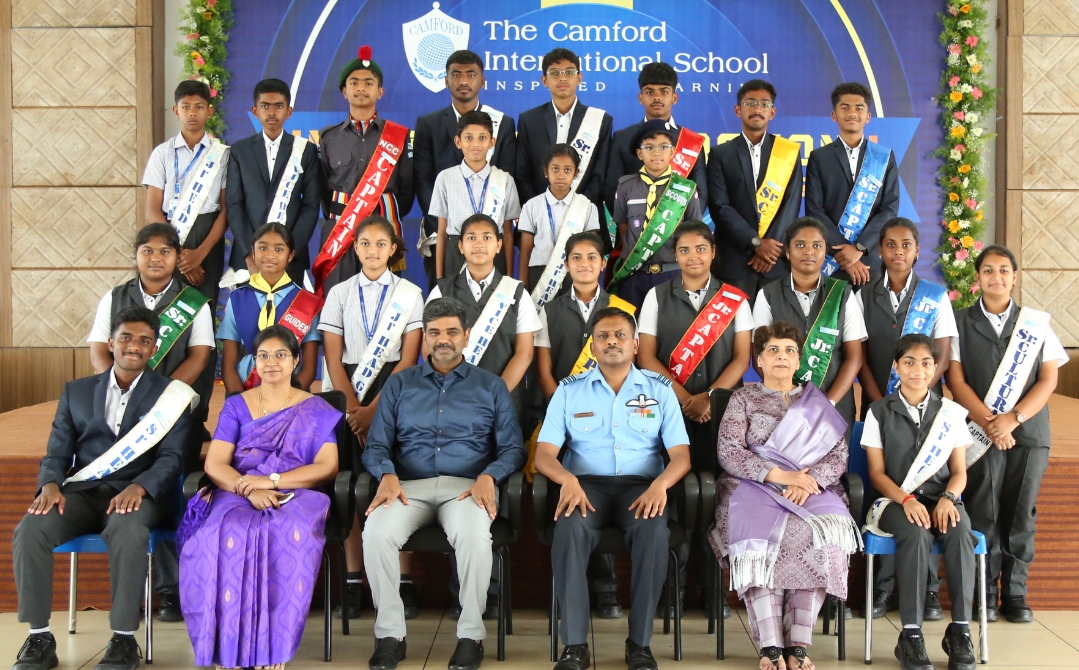Trending Now
- “I will soon make an announcement regarding a statewide tour across Tamil Nadu.” – O. Panneerselvam.
- Vatsala, Asia’s oldest elephant, has passed away at Panna Tiger Reserve; social activists mourn the death of this elephant, which lived for over 100 years.
- “The U.S. Govt earned ₹8 lakh crore this year through increased tariffs on foreign goods.” – U.S President Donald Trump.
- World No.1 Aryna Sabalenka has advanced to the semifinals in the Women’s Singles category at Wimbledon Tennis.
Coimbatore
His lock-up experience goes to Venice
![]() September 6, 2015
September 6, 2015
Chandrakumar still remembers those 15 days in 1983 when he was in a lock-up in Andhra Pradesh — a fortnight of unbearable pain and terror, and an uncertainty if he would ever see the outside world again. There were three others with him, and they shared their agony and angst and their little joys with each other. They found relief of sorts when they were imprisoned for five-and-a-half months, before they were finally released. Their crime? The cops booked them on “doubt”. “We were the nobody people who lived in the shadows, nameless, faceless people who had no one to look out for them,” says Chandran, who wrote a book “Lockup” on his experiences.
That story has now been made into a film, Visaranai, directed by Vetrimaran. It has been invited to the competition section at the Venice Film Festival, and Chandran, now an auto driver in Coimbatore, is all ready to fly to Venice — a far cry from those bleak days 32 years ago.
“Some experiences seep into your system, ferment there and explode in another form. Writing was that form for me. I poured all my grief and pain into writing. Lock up and my other books are a forum to protest against official excesses against whom they perceive to be lesser people,” he says.
“We all see visible examples of official excesses, but we don’t do anything about it. We forget that officials have the power to inquire, but not to punish. No one must take the law into their hands,” he says.
It was this firm belief in the individual’s right that saw Chandran fight to be heard in court, and demand a medical examination. “When the conscientious doctor got them to unlock my handcuffs and remove my shirt, there was a collective gasp all around — I was so severely beaten,” he recalls.
For the movie, the team travelled to the same places that Chandran and his three friends were held prisoner. “They wanted to capture that landscape, the desolateness of a cell without any air and light source, the desperation of people who did not know what fate awaited them,” he says.
Chandran says he is very happy that 32 years after the incident, his story and that of his three friends is powerful enough that it is travelling the world. “It has been sensitively recreated in a form where it will trigger debate and discussion on basic human rights.”
After all these years, Chandran still wonders why he was picked up and shoved into the lock-up. “Finally, the police had booked me as a ‘hobby chor’, someone who takes someone else’s possession and does not sell it for profit, but uses it and dumps it elsewhere. I ‘agreed’ to the ‘crime’; it was the only way to emerge from prison,” he says.
Chandran believes the police officer who put them through the trauma was censured by the court. “After my release, I went back to the same police station, but the officer had been changed. That’s a small consolation.”
Chandran has since moved on. He’s a passionate supporter of human rights, is a published writer and drives an auto. He’s made a new life for himself. But, there’s one thing he rues. “When we were released, the four of us decided to separate, because we feared they would label us a gang and arrest us again. When we waved goodbye to each other, I did not knew we would never meet again. I hope they are all right. If they watch the film, they will know it is our story, our fear and hopelessness and, finally, freedom on screen.”























